6 Things to do if You Get in a Car Accident
It’s not something we like to think about – getting in a car accident – but it will happen to a large number of us at least once in our lifetime. The question is – how many of us are prepared for it? Do you know what to do (and what NOT to do) after an accident? Whether it’s a fender-bender or worse, there are things to do for your own safety – and the safety of others.
Regardless of whether you are at fault or not, here are six things you should do (and one important thing NOT to do) when you have an accident:
- Ensure your safety and the safety of your passengers. If necessary, call 911 and give details about injuries including how many are injured or involved in the wreck. If injuries are minor, get passengers out of vehicles (if possible) and to a safe area away from traffic and other hazards.
- Move your car from the scene. If the accident is minor and your vehicle can be safely moved, remove it from the roadway so that other cars and emergency vehicles can pass. Call a tow truck and, if any cars are leaking fluids, call the fire department to the scene and let them know there was an accident and that there are fluids that need to be contained.
- Exchange information with the other driver. If police are called to the accident scene, they will often do what’s referred to as an “insurance exchange” where they will take the insurance cards of each party, enter their info into a system, and give each driver a copy of the information. If police are not called, get the other driver’s insurance information.
- Take pictures of the following if possible: Damage to vehicles, the accident scene (vehicle locations, road debris, skid marks and conditions of the road), license plates and insurance cards. While it may seem ‘old school,’ keeping a disposable camera in your glove compartment may be handy. If your cell phone becomes damaged or lost during the accident, having a backup camera in your car may be your saving grace when it comes to taking photos that could be used as evidence in your defense.
- Document everything you can. Get the names, phone numbers and addresses of all occupants of your car (if you don’t already have them) and the other driver’s car. Keep in mind nobody is under any obligation to provide you this information. Also get the names and phone numbers of any potential witnesses. If witnesses are reluctant to give you their information, write down their license plate number (if they were driving) and a description of each witness and roughly where they were when the accident occurred.
- Stay quiet. It sounds simple, but it’s important that you don’t say anything that could shift the fault of the accident to you. Never admit you were at fault to anyone (even if you were at fault or are unsure), never divulge your coverage limits, and never openly blame the other driver or discuss the details of the accident with the other driver. Also, if you suspect the other driver of being impaired, or if you suspect some other contributing factor to the accident, tell the police officer who responds to the scene in private. Never make accusations or speculations openly.
It’s possible that you will be in so much shock over what just happened that you may only remember one or two things from this list, so feel free to print this post and keep it in your wallet or in your car with your insurance card and information. As always, if you need insurance advice – or if you want us to review your Orlando Auto Insurance to ensure you’re adequately protected, we’re always a phone call away.


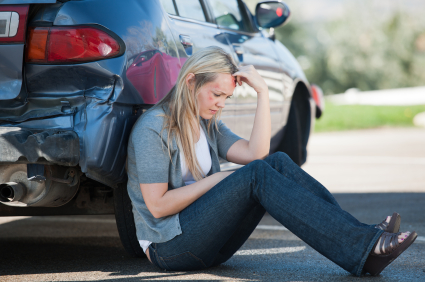
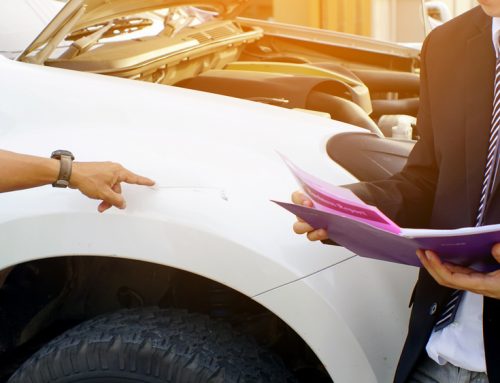
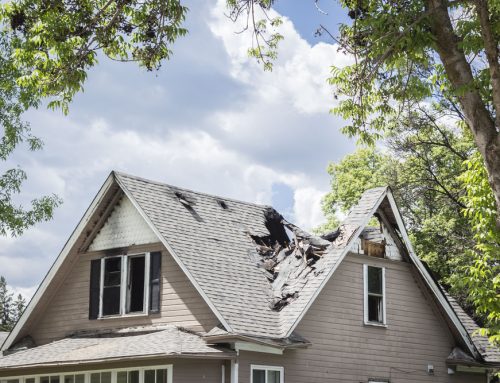
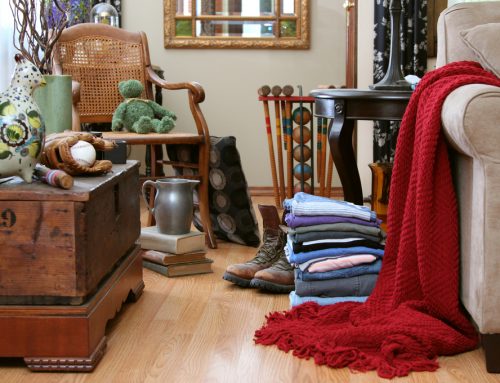
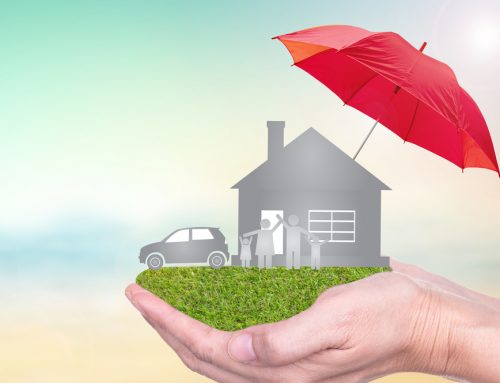
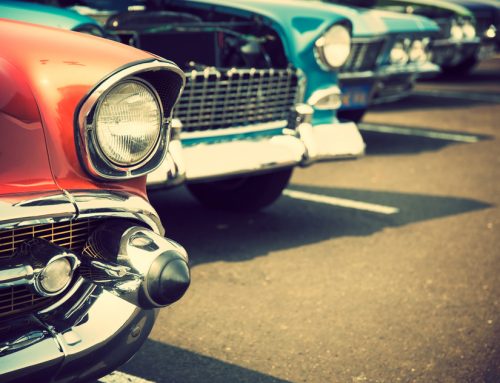
Recent Comments